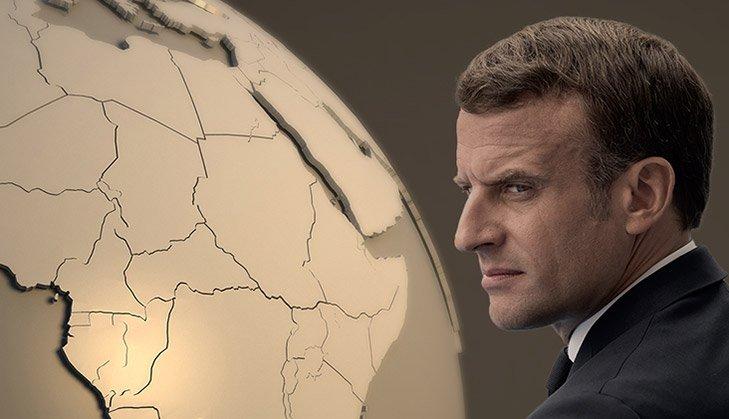Africa-Press – Seychelles. It had been six months since the new French president had settled into the Élysée Palace. On 28 November 2017, Emmanuel Macron was visiting the University of Ouagadougou in Burkina Faso. Before an amphitheatre of students, he said: “France no longer has an African policy.”
The young audience returned his regard with an aspect half-amused, half-circumspect. And for good reason: for the previous hour, Macron had been discussing what France should – or should no longer – do on the continent, particularly in terms of its relations with the countries from its former colonial sphere.
Cooperation, migration, the CFA franc, colonial history… Macron covered quite a few themes in the speech, which would serve as the roadmap for his African policy through the end of his five-year term. Like his predecessors, the Fifth Republic’s youngest president boasted the ambition of “rebuilding” relations between France and the countries of the continent. His advisers termed it as “changing the software”. No simple task.
Emblematic moments
Just as he did in Ouagadougou, the French head of state has often innovated on form, by constantly seeking to develop new formats and gateways between France and Africa. However, in terms of substance, he has also often given in to realpolitik when it comes to managing the political and military crises that have threatened French interests.
What can we take away from his five years as president? What has been the African policy according to Macron? From his “unabashed” visit to Algeria in December 2017, to his failed trip to Mali four years later, we have chosen seven dates as emblematic moments of his term in office.
With less than a week to go before the first round of the presidential election, this series does not pretend to offer an exhaustive assessment of Macron’s actions, but rather to explain the major inflections. Since the outgoing president is also considered the favourite in the race, it also gives us an opportunity to sketch out what the main lines of French policy in Africa could look like in the coming years.
For More News And Analysis About Seychelles Follow Africa-Press






